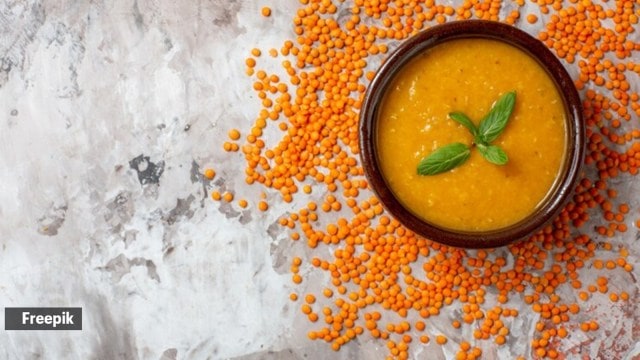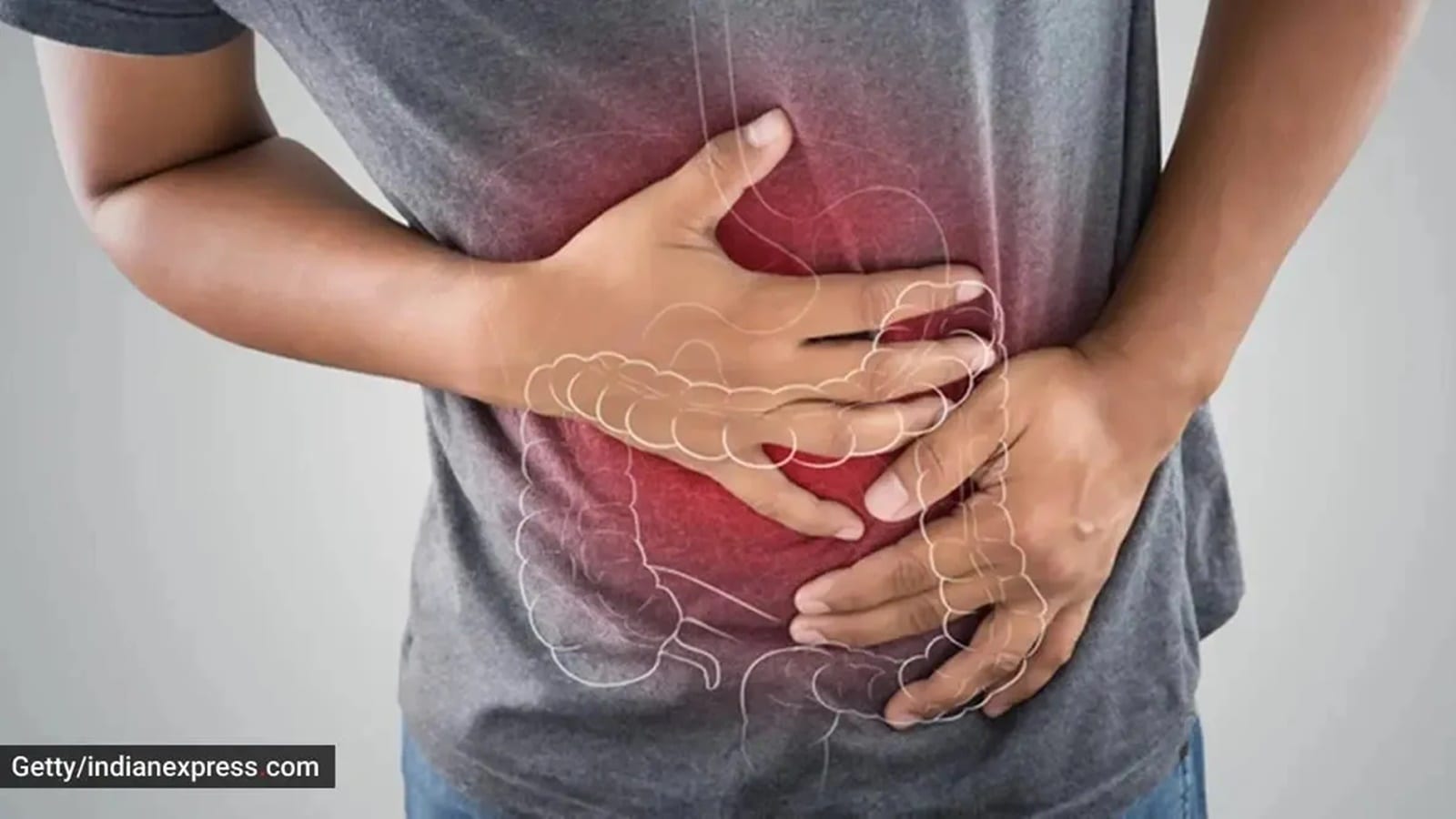📣 For more lifestyle news, click here to join our WhatsApp Channel and also follow us on Instagram
Why you should be cautious of consuming too much dal, vegetables
Dals and vegetables are essential to a healthy diet, packed with proteins, vitamins, minerals, and fibre.
 Are you having too much dal? (Source: Freepik)
Are you having too much dal? (Source: Freepik)While vegetables and dals are extremely good for your health, too much may not prove beneficial. Stressing the same, health coach Nipa Asharam said that out of the everyday food mistakes she was making, “having too much dal (make the qty 50g cooked if you’re having it with rice and have 150g of veggies with it)”, and “too many vegetables (excess veggies = too much fibre for your gut to digest) – 300g is perfect,” were creating digestive troubles for her.
Can having dal and vegetables in excess really be harmful?
Dals and vegetables are essential to a healthy diet, packed with proteins, vitamins, minerals, and fibre. “However, overeating them has certain drawbacks. Excessive dal intake, particularly varieties like moong or masoor, can lead to an overload of calories if prepared with large quantities of oil, ghee, or creamy toppings. This could potentially contribute to weight gain over time,” said Aasa Anto C, clinical dietician, SS SPARSH Hospital, RR Nagar.
“Other complexes of sugars in lentils are oligosaccharides, which cause indigestion, gas, or bloating when eaten in larger portions. Soak the lentils before cooking and add digestive spices like ginger, asafoetida, and cumin,” suggested nutritionist Apeksha Chandurkar, Founder, Balanced Bite.
The carbohydrates in lentils are abundant. “High amounts may disturb carbohydrate regulation in blood, more importantly among diabetes patients or individuals suffering from insulin resistance,” said Chandurkar.
Similarly, eating too many vegetables without balance may cause digestive discomfort, such as bloating or gas, due to their high fibre content.
Moreover, vegetables cooked with rich gravies or excessive oil can significantly increase calorie consumption, said Anto. “Over-reliance on one type of food, even healthy ones like dals or vegetables, may also result in missing out on other vital nutrients your body needs,” asserted Anto.
 Are you having too much? (Source: Getty Images/Thinkstock)
Are you having too much? (Source: Getty Images/Thinkstock)
What to note?
To avoid these issues, focus on portion control and variety. “Limit dal intake to 1-2 small servings per meal, cooked with minimal oil. Pair it with whole grains like quinoa or brown rice. For vegetables, aim for a mix of colours, cooked lightly to preserve nutrients, and avoid calorie-dense sauces,” said Anto.
Introduce more fibre gradually and stay hydrated to help your body digest, mentioned Chandurkar. Ensure your plate has a variety of foods, including whole grains, vegetables, legumes, and healthy fats.
A well-rounded diet with controlled portions of dals, vegetables, whole grains, and proteins is the key to maintaining good health and weight balance. “Eating just vegetables and no other form of macronutrient, such as fats and protein, might eventually lead to nutritional deficiencies or imbalances. Alter food and portion according to specific medical conditions like diabetes, kidney problems, thyroid, etc.,” said Chandurkar.
DISCLAIMER: This article is based on information from the public domain and/or the experts we spoke to. Always consult your health practitioner before starting any routine.
📣 For more lifestyle news, click here to join our WhatsApp Channel and also follow us on Instagram





- 018 hours ago
- 028 hours ago
- 038 hours ago
- 048 hours ago
- 058 hours ago






















